Politics
AFP, AFRICA, AL - QAEDA, ALLIANCE OF SAHEL STATES, ASIA, BURKINA FASO, CHINA, ECONOMIC COMMUNITY OF WEST AFRICAN STATES, ECONOMIC INTEGRATION, ECOWAS, IMPORT LEVY - BLUEPRINT NEWSPAPERS LIMITED, ISLAMIC STATE, MALI, MILITARY COUP, NEWSPAPERS, NIGER, NIGERIA, REGIONAL AFFAIRS, REGIONAL COOPERATION, WEST AFRICA
Nia Simpson
Mali, Burkina Faso, and Niger Impose 0.5% Import Levy to Fund New Union
Mali, Burkina Faso, and Niger have instituted a 0.5% import levy on goods, effective immediately, to support their new union after leaving ECOWAS. This decision, which excludes humanitarian aid, signals a departure from free trade principles, amidst ongoing conflict with Islamist insurgents.
Mali, Burkina Faso, and Niger have instituted a 0.5% import levy on goods to finance their newly established three-state union, following their exit from the Economic Community of West African States (ECOWAS). This levy, which takes immediate effect, applies universally to imported goods, with the exception of humanitarian aid. However, the governments have not revealed the intended use of the collected funds.
In 2023, these nations formed the Alliance of Sahel States, initially as a security agreement, which has since transitioned into an economic and military coalition. This alliance envisions implementing biometric passports and enhancing cooperative measures, marking a shift away from free trade under ECOWAS. This development highlights the widening gulf between the Sahel states and more influential regional powers like Nigeria and Ghana.
The juntas of Mali, Burkina Faso, and Niger announced their withdrawal from ECOWAS last year, citing the bloc’s insufficient support in combating Islamist violence. Although ECOWAS imposed sanctions to encourage a return to democratic governance, these measures failed to yield significant results. The three nations continue to grapple with extreme poverty and a decade-long crisis fueled by Islamist groups, including al-Qaeda and the Islamic State.
The imposition of the 0.5% import levy represents a significant shift in economic policy for Mali, Burkina Faso, and Niger as they seek to establish greater autonomy through their new alliance. This move not only signifies a departure from ECOWAS and its principles of free trade but also a reaction to perceived neglect in addressing security concerns related to ongoing insurgencies. The long-term implications of these changes on regional stability and economic conditions remain to be seen.
Original Source: blueprint.ng
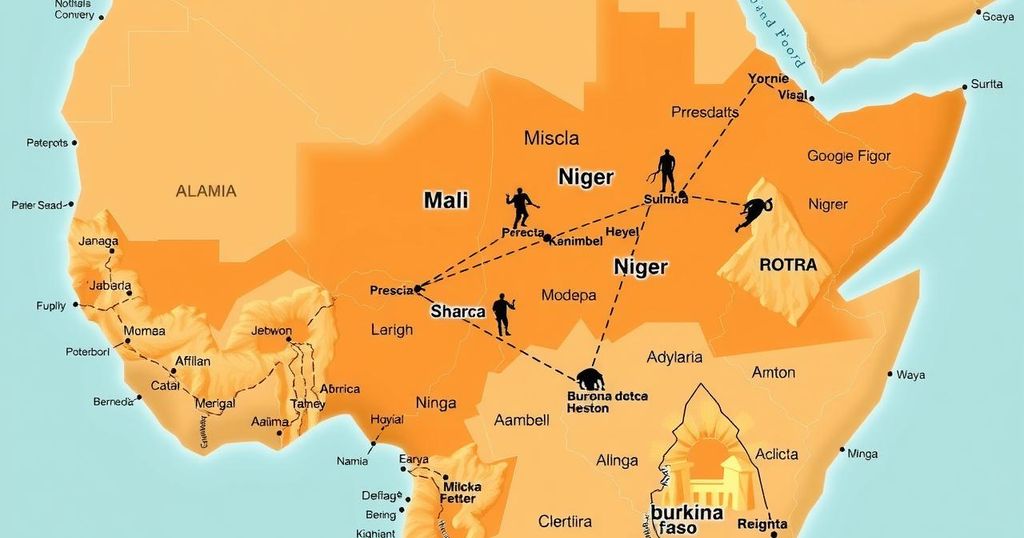

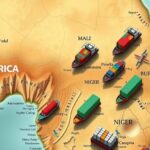

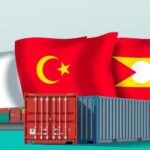
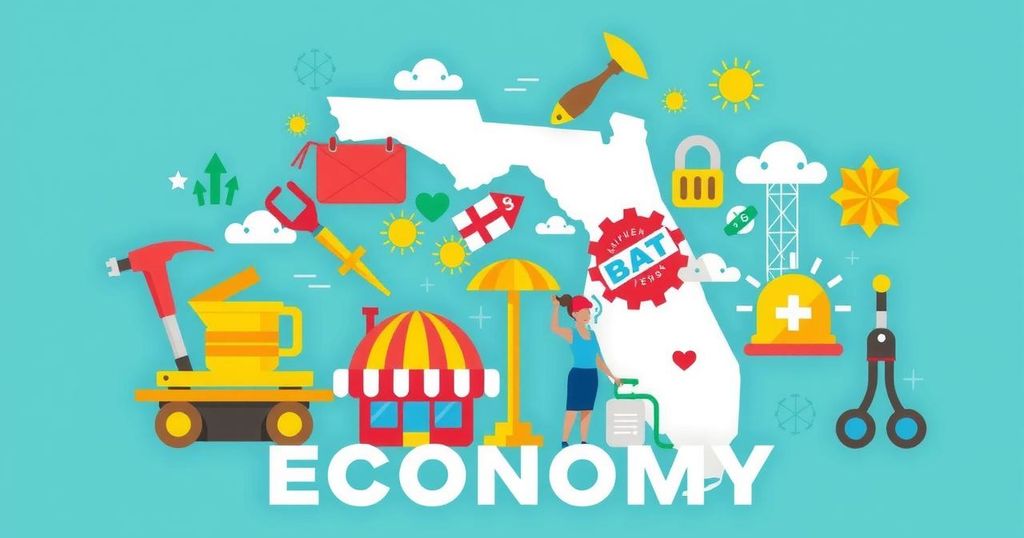
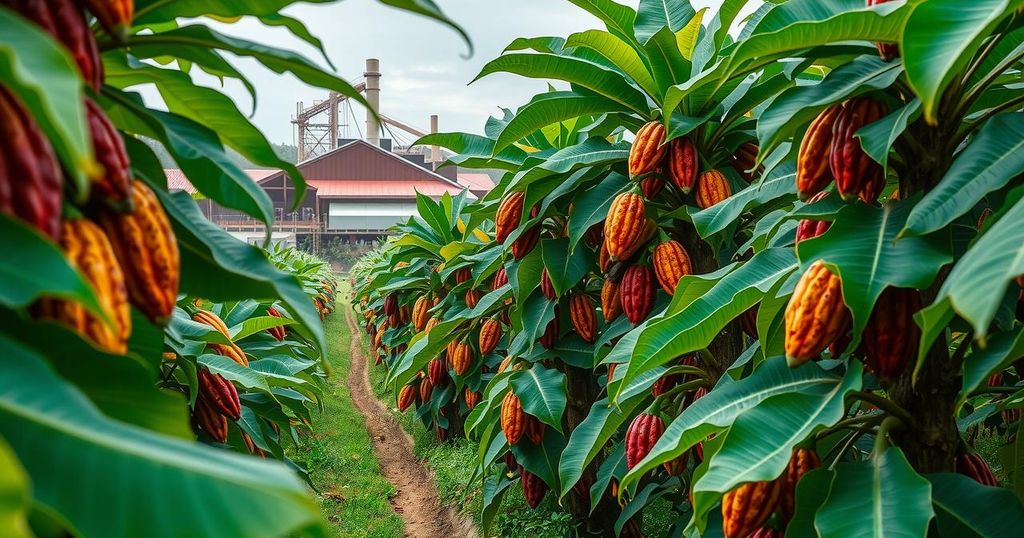
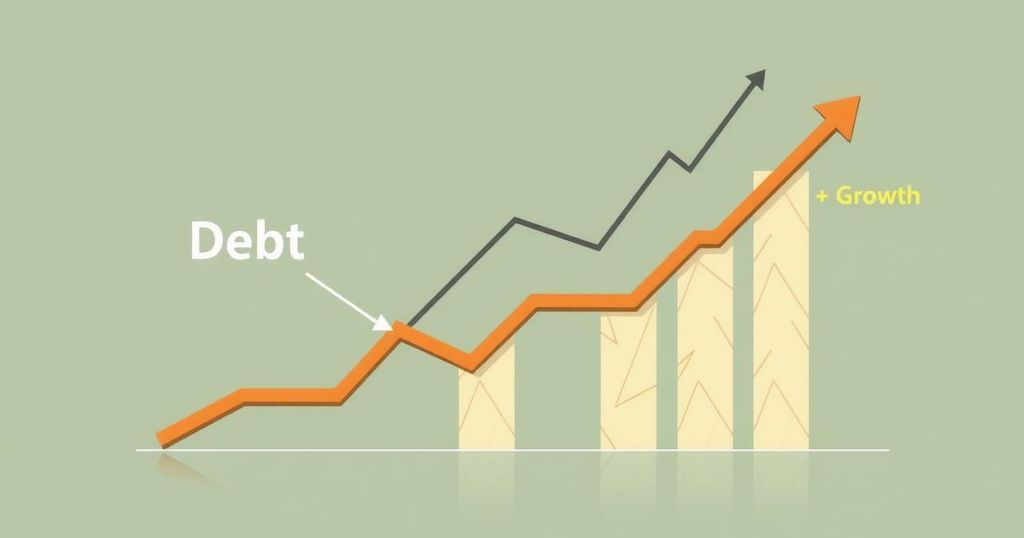
Post Comment